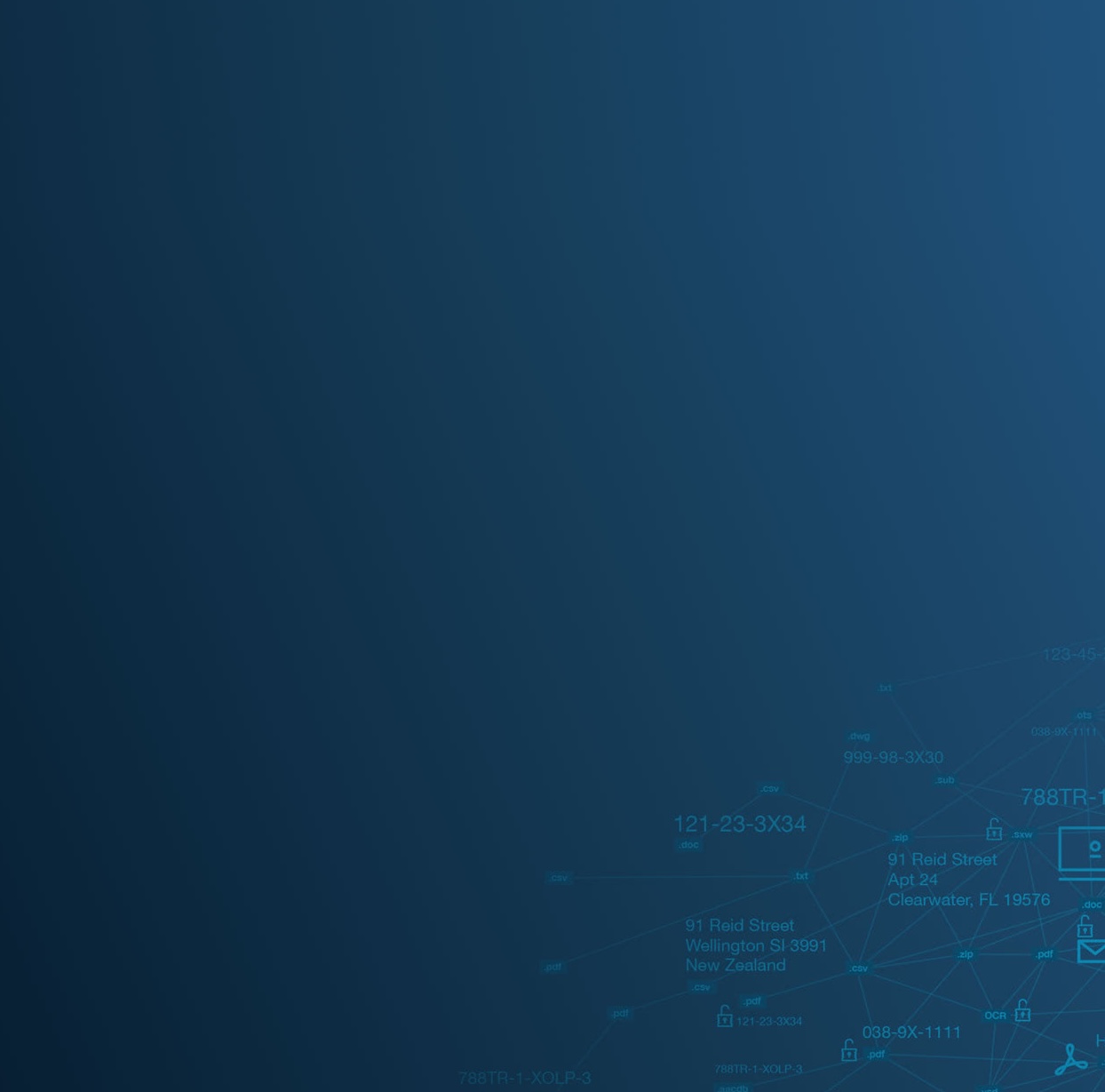Every year analysts make a whole host of predictions about which IT trends will grab the most attention. The one forecast that seems to be on every list pertains to security — more complicated, increasing risks and new worries.
This year is no different. With talk of IoT and AI and the wonders that they will bring to the business, come the worries of how to secure everything, sort of like the Security of Things (SoT). It’s not the sexy part of technology, but if you don’t have a solid security plan, then no matter how sexy the tech, it’s just another hot mess.
Take IoT. At last week’s MWC Barcelona, one industry thought leader made a startling revelation — more people in the world have cell phones than have credit cards. And cell phones are just the tip of a very big iceberg, with the number of devices doubling over the next couple of years.
Managing what devices can access what data can zap precious resources and expand your network’s complexity. Each device is a significant security risk, multiply that risk with an exponential number of devices and it becomes a problem fast. You need to re-evaluate your security footprint and implement the right solutions to keep those devices away from your core data stores.
And that’s just every day IoT. What about the cyber-war declared on the U.S. and European elections, and recent intellectual property phishing schemes on a variety of global industries? These are exposing vulnerabilities in our day-to-day IT systems and include not only those initially targeted, but also every organization that they do business with.
The tact used by cybercriminals has matured from not just stealing an individual’s identities and trade corporate secrets to interfering with the global economy and political systems. And guess what? In 2019, it’s forecasted that cybercriminals will only get more sophisticated using AI to help their nefarious schemes.
The silver lining? You can do something about it. If you’re not doing it already then start encrypting everything. Whether it’s data in transit or data at rest, on your own servers and devices or residing on those of a provider, there should be no exception to this rule.
Implement well-configured virtual private networks (VPNs) for not only your cloud network connections but your VoIP communications protect you even further.
Lastly, get serious about network monitoring and identity management (IDM). If you don’t specifically know what’s traveling over your network and where it will come to rest, then plan on staying in the dark and expect to be breached.
About Spirion
Spirion, headquartered in Saint Petersburg, Florida, is the leader in the rapid discovery and classification for protection of sensitive data across your network and public cloud. Spirion provides enterprise data management software to help businesses reduce their sensitive data footprint and proactively minimize the risks, costs and reputational damage of successful cyberattacks.
Spirion helps organizations avoid costly data breaches by discovering, classifying, monitoring and protecting personal information, medical records, credit card numbers, and intellectual property stored across the enterprise, within email, and in the cloud. Spirion specializes in the high precision search and automated classification of unstructured data using its AnyFind engine’s unparalleled accuracy when analyzing human-generated text and images. Spirion has thousands of customers among leading firms in the healthcare, public sector, retail, education, financial services, energy, industrial, and entertainment markets.
To learn more, please visit spirion.com.
FOUND IN Data Security


